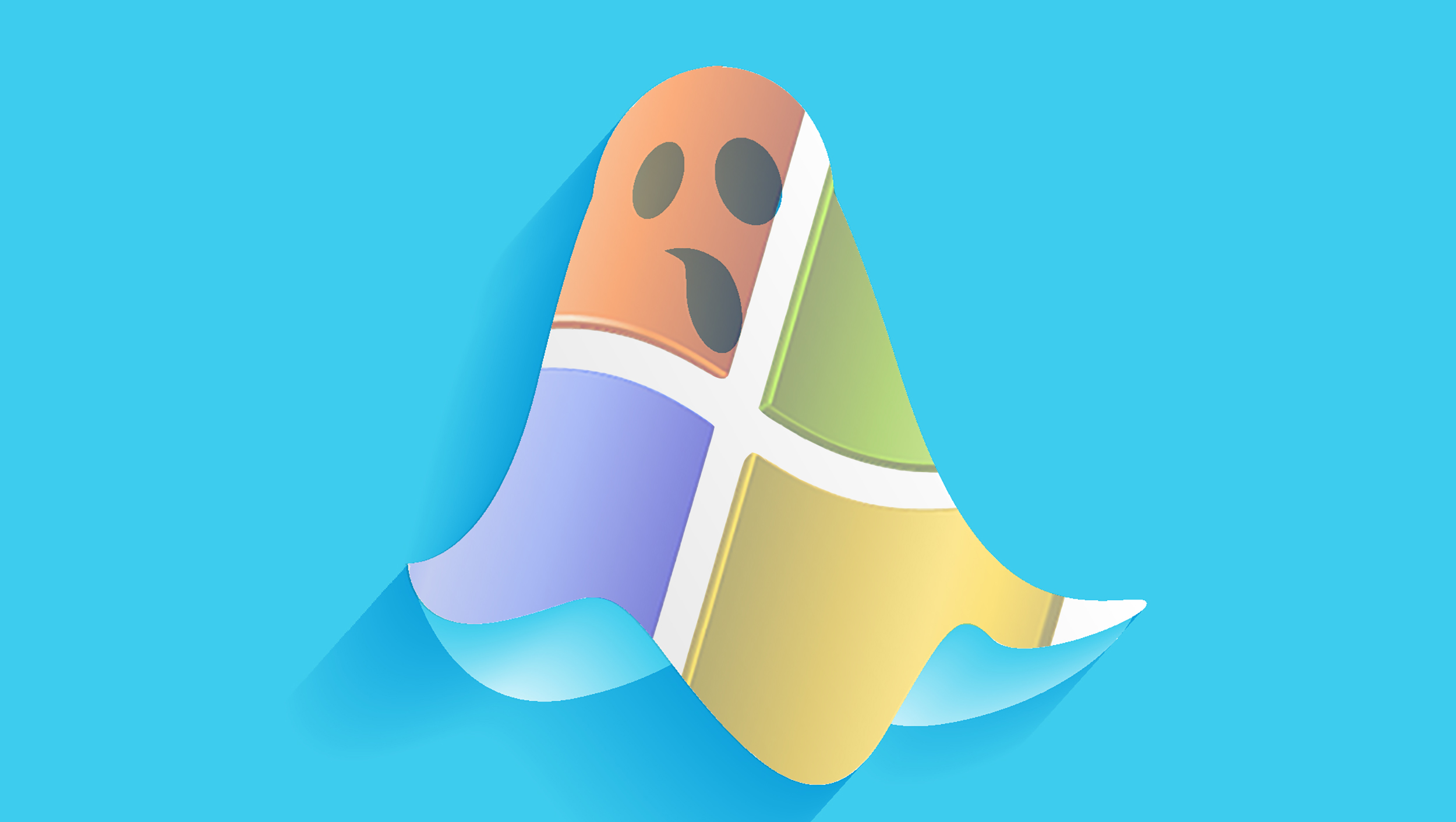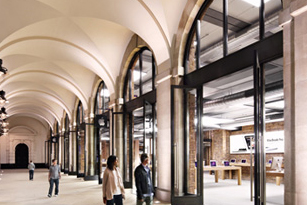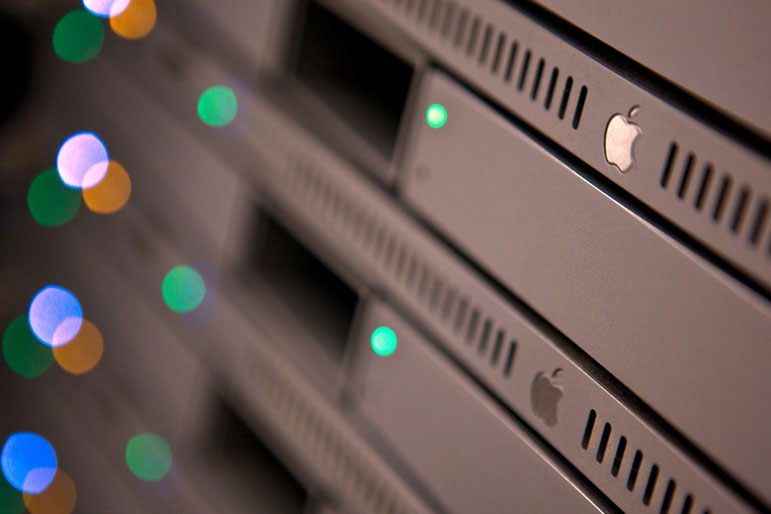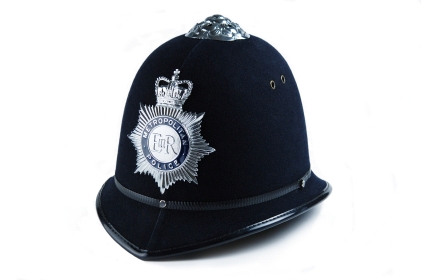Microsoft tip-off prompts six arrests for suspected fake software sales
City of London police confirm half a dozen arrests made after tip-off about alleged fake software sales.

A Microsoft tip-off to the City of London police about counterfeit software sales has resulted in six arrests in Humberside.
The accused were arrested by officers from the City of London police's Intellectual Property Crime Unit (PIPCU) last week on suspicion of selling counterfeit products online.
The arrests are reportedly linked to an ongoing police inquiry into the selling on of fake product keys, Microsoft Windows re-installation discs and key cards via unnamed online auction sites.
A 40-year-old woman and two men in their early twenties were arrested at their home in Barton-upon- Humber, where an undisclosed number of suspected counterfeit items were seized.
A further two men, aged 70 and 38, and a 66-year-old woman were arrested shortly after at a second address where further items were also seized.
The 66-year-old was later released, while the remaining suspects were taken in for questioning and later bailed.
According to Microsoft estimates, the goods seized at both addresses are thought to be worth more than 100,000.
Get the ITPro daily newsletter
Sign up today and you will receive a free copy of our Future Focus 2025 report - the leading guidance on AI, cybersecurity and other IT challenges as per 700+ senior executives
A third site in Essex was also searched, and computer equipment and documents were also taken by the police.
Abrahim Bakhtiar, an attorney working within Microsoft UK's digital crimes unit, said the selling on of counterfeit software is just another form of cyber crime.
"Microsoft works closely with many law enforcement agencies such as PIPCU and Trading Standards to ensure criminal actions are pursued," Bakhtiar said.
"This investigation is a real testament to PIPCU's and Microsoft DCU's resolve when it comes to stamping out cybercrime and we applaud the swift action PIPCU and Humberside Police have undertaken in relation to this case."
Microsoft software, along with products made by Adobe, are among the most pirated in the world, with the software giant regularly speaking out against the perils of using fake products.
In some cases, counterfeit products don't work, put users' machines at risk of viruses and can even leave them open to identity theft.
-
 Cleo attack victim list grows as Hertz confirms customer data stolen
Cleo attack victim list grows as Hertz confirms customer data stolenNews Hertz has confirmed it suffered a data breach as a result of the Cleo zero-day vulnerability in late 2024, with the car rental giant warning that customer data was stolen.
By Ross Kelly
-
 Lateral moves in tech: Why leaders should support employee mobility
Lateral moves in tech: Why leaders should support employee mobilityIn-depth Encouraging staff to switch roles can have long-term benefits for skills in the tech sector
By Keri Allan
-
 Met Police set to finish Windows XP upgrade in May
Met Police set to finish Windows XP upgrade in MayNews The rollout process has been ongoing for more than three years
By Adam Shepherd
-
 Apple Covent Garden store robbed
Apple Covent Garden store robbedNews iPads and other Apple gear is pilfered by a gang of motorbike-driving thieves.
By Eva Martin
-
 Copenhagen police turn to Macs
Copenhagen police turn to MacsNews The Danish Police Department is depending on Macs to manage the Environmental Conference in Copenhagen this week.
By Nicole Kobie
-
 Police arrest 10 over Amazon, Apple card fraud
Police arrest 10 over Amazon, Apple card fraudNews The Metropolitan Police worked with the FBI to nab people suspected to be involved in defrauding Apple and Amazon using music sales.
By Asavin Wattanajantra